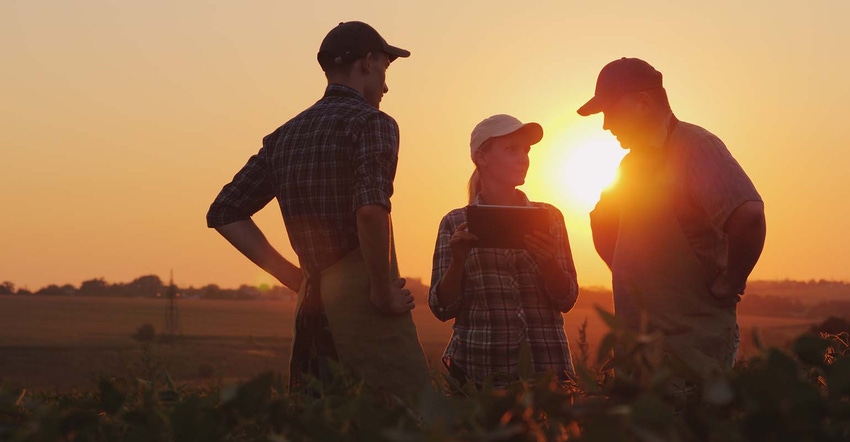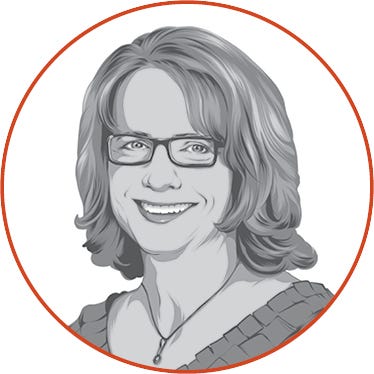
Do any of these statements describe you?
I would like some new ideas to avoid the blind spots, to not just do it the way we’ve always done it – and to learn from someone outside my area.
I’m burned out and overwhelmed with the challenges we face on the farm. I need a shot of energy from someone else!
It’s lonely growing a business. My neighbors and friends are also competitors, so it’s hard to share everything with them.
I am out of ideas to solve problem X. Surely someone has figured this out!
If any of these bullet points apply to you, you’re not alone! Those are some of the reasons participating in a peer group can be valuable.
I’ve led numerous peer groups for ten years and am continually impressed with the learning that happens in that trusted space. C.S. Lewis’ observation captures the power of shared experience: “Friendship is born at that moment when one person says to another: What! You too? I thought I was the only one.”
How it works
How does a typical peer group work? You gather two or three times a year with a small group of other producers to learn from and with each other. A professional facilitator organizes the meeting and agenda, plus manages the flow of conversation and information-sharing. Some content is external experts. Some content is members teaching members and serving as each other’s advisory boards. There are various logistical versions (virtual, on-farm visits, off-site meetings).
The key is that you build trusted relationships with people who share common challenges. Regardless of whether you’re growing the same crop or livestock or living in the same geography, you have many of the same opportunities and headaches. In fact, we generally don’t allow group members located near each other, to avoid any competitive concerns.
Trust and confidentiality are critical components. Groups quickly invest in each other personally and want the best for their friend. That allows you to share your concerns candidly and allows group members to hold you accountable or point out your blind spots.
Members share all sorts of nuts and bolts information about financing, equipment, human resources, inputs and other topics. They also support each other through the hard life events like illness, addiction and divorce that impact both personal lives and the business. These relationships often span years; we have a group on year twelve together.
There are various options for peer groups in our industry in different formats. Even if you don’t join a formal group, consider the power of gathering some friends regionally with an intentional agenda of sharing ideas. After the scores of peer group interactions I have led, I’m still humbled by the power of people helping other people succeed.
Davon Cook is a family business consultant at K Coe Isom. Reach Davon at [email protected].
The opinions of the author are not necessarily those of Farm Futures or Farm Progress.
About the Author(s)
You May Also Like






